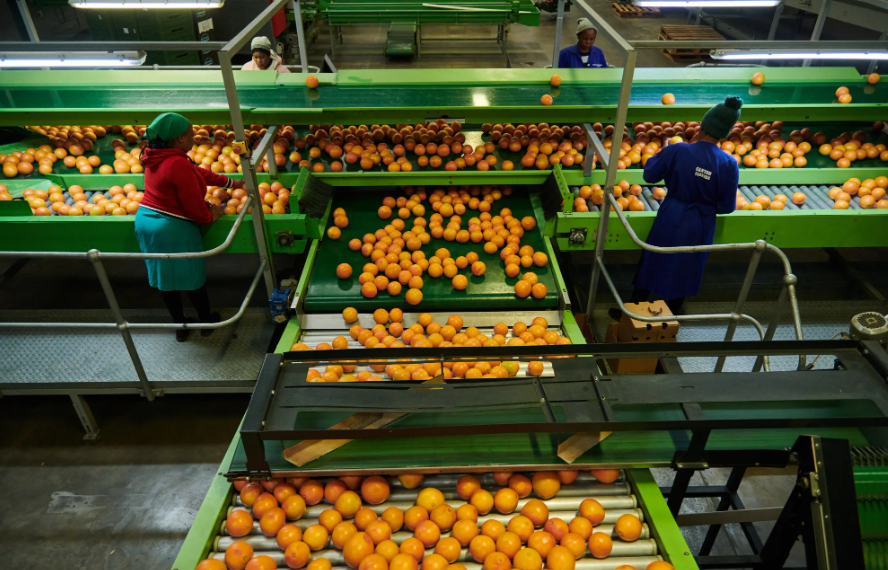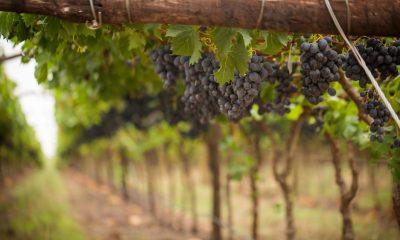Business
NMB Business Chamber Raises Alarm Over US Tariffs on South African Auto and Agriculture Sectors

The Nelson Mandela Bay (NMB) Business Chamber has expressed serious concerns over the impact of new US tariffs on South Africa’s automotive and agricultural exports, warning that the Eastern Cape will bear the brunt of these trade restrictions.
Eastern Cape’s Economy at Risk
The region’s economy relies heavily on the automotive and citrus industries, both of which are now facing uncertainty due to US President Donald Trump’s tariff policies.
Denise van Huysteen, CEO of the NMB Business Chamber, emphasized the urgent need for a strategic response to help local manufacturers and producers adapt.
“We are deeply concerned about the impact the 25% tariffs on foreign-made cars and parts may have on the local automotive ecosystem,” said Van Huysteen.
These tariffs are expected to supersede duty-free benefits previously available under the African Growth and Opportunity Act (AGOA), putting South African vehicle and component exports at risk.
The Impact on South Africa’s Auto Industry
The automotive sector is a major employer in the Eastern Cape, accounting for nearly half of South Africa’s workforce in the industry.
In 2023, South Africa exported R20.1 billion worth of vehicles and R7.8 billion worth of automotive components to the United States.
Last year alone, over 20,000 vehicles were shipped from South Africa to the US, but with these new tariffs, exports could decline sharply, disrupting vehicle assembly volumes and automotive supply chains.
“These tariffs will be highly disruptive,” Van Huysteen explained. “Automotive manufacturers operate on long investment cycles, meaning they cannot quickly shift sourcing decisions to avoid tariffs. This will drive up costs for both manufacturers and consumers.”
Citrus Industry Faces Uncertainty
The Eastern Cape is South Africa’s second-largest citrus-producing region, with Sunday’s River Valley as its largest single production area.
While 9% of South Africa’s citrus exports go to the US, it remains unclear how the new tariffs will impact the local citrus industry.
“As it is now the start of the new citrus season, this will surely create a lot of uncertainty,” Van Huysteen warned.
Next Steps for South Africa’s Exporters
Industry leaders and trade officials will need to urgently engage with US counterparts to mitigate the impact of these tariffs.
Potential strategies include:
-
Exploring alternative export markets for vehicles and citrus products.
-
Negotiating tariff exemptions or trade adjustments with US officials.
-
Strengthening local and regional supply chains to reduce reliance on US trade.
With the US market accounting for a significant portion of South Africa’s auto and agriculture exports, businesses will need to act quickly to protect jobs and economic stability in the region.
Urgent Action Needed to Navigate US Tariffs
The NMB Business Chamber has made it clear that these new tariffs pose a serious challenge to South Africa’s export-driven industries.
While the full impact remains uncertain, auto manufacturers, citrus exporters, and trade policymakers must act fast to find solutions and safeguard economic growth.
{Source Algoa}
Follow Joburg ETC on Facebook, Twitter , TikTok and Instagram
For more News in Johannesburg, visit joburgetc.com



























